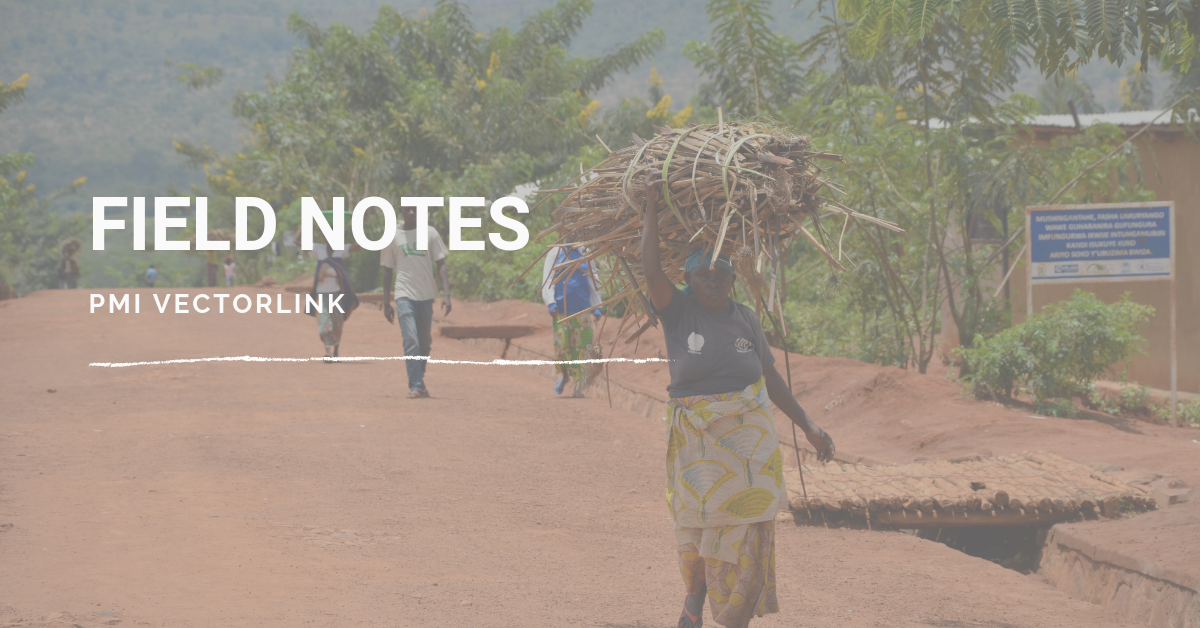This week’s Fist Bump goes to the VectorLink Cambodia team, for its recent support of entomological foci investigations in two endemic provinces: Mondulkiri and Stung Treng.

Cambodia is striving toward elimination of Plasmodium falciparum (Pf) by 2023, and all forms of malaria by 2025. To reach this goal, the National Center for Parasitology, Entomology, and Malaria Control (CNM) has intensified investigations and classification of transmission foci to better determine drivers of transmission. Foci entomological investigations are short term and reactive and are usually conducted in low transmission settings alongside epidemiological case investigations where indigenous local malaria cases are reported. Timely generation of case-based entomological evidence provides information for decision making and enables optimal interventions to be swiftly deployed to combat the vectors responsible for malaria transmission in any given focus. Once an indigenous Pf or Pf/mix malaria case is detected, the foci investigation activities are initiated by the operational district staff within seven days, with local facilitation and support from health centers as well as the provincial malaria supervisor from the provincial health department. The investigations include a desk review, mapping, household surveys, and mosquito collection using cattle-baited traps (CBT).
In addition to data collected by CNM, VectorLink Cambodia has incorporated human double net traps (HDN) and indoor CDC light traps (CDC LT) on the same collection nights to get a better representation of the mosquito species that are attracted to humans. This allows the program to determine gaps in protection that are attributed to the human and mosquito behaviors that drive transmission. The VectorLink team also conducts larval surveys and habitat characterization to determine the presence of Anopheles breeding sites within one kilometer radius from the index case. The results of these investigations contribute to classification of receptivity and vulnerability scores that further determine the optimal response to effectively control the malaria-transmitting vectors.
Kudos, VectorLink Cambodia colleagues, for helping to move Cambodia closer to zero malaria!


